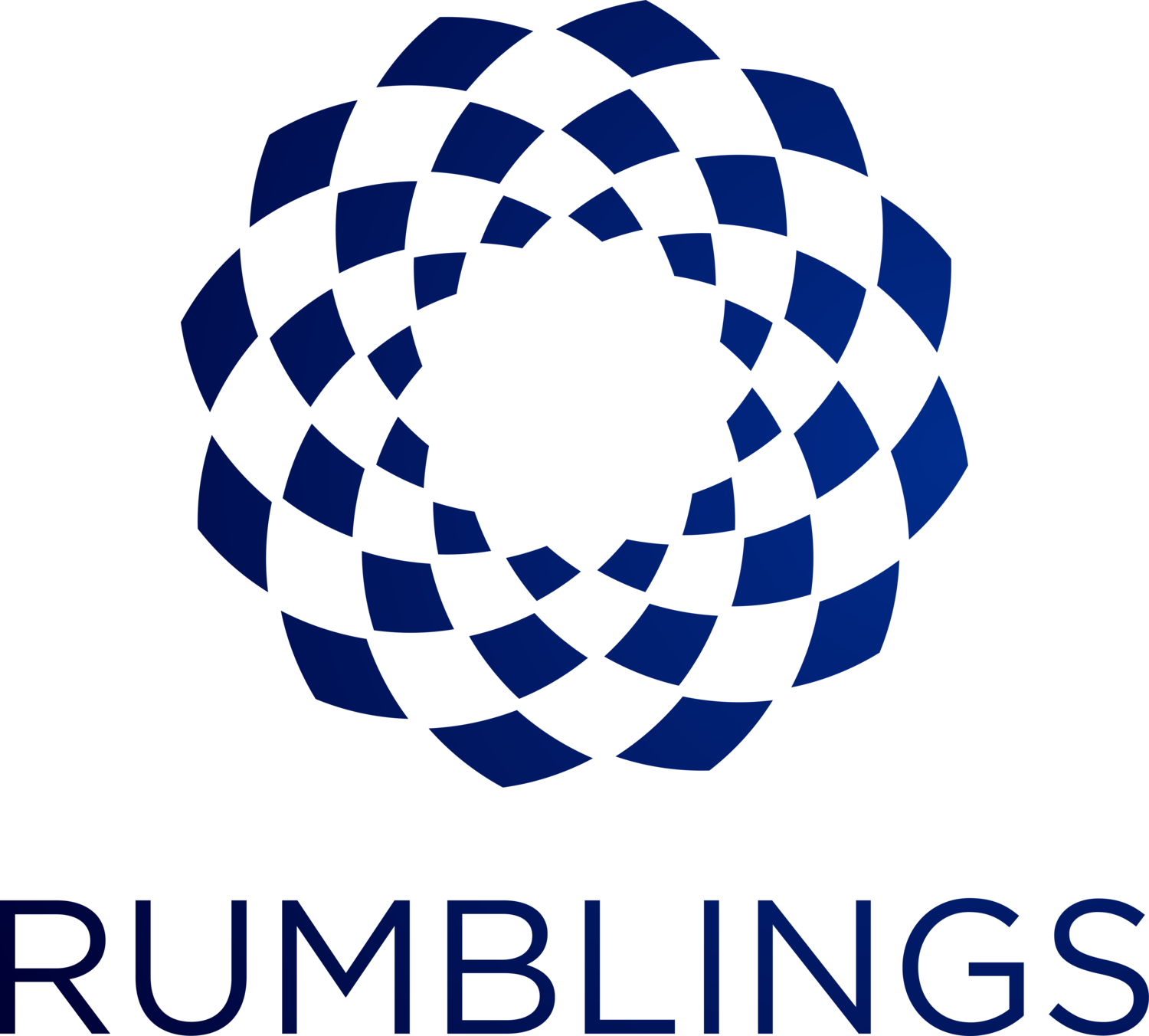Embrace the Power of Movement and Healthy Eating in Midlife
As you navigate through midlife, your relationship with exercise and healthy eating becomes increasingly essential. Many women find themselves struggling with outdated societal narratives that discourage physical activity and proper nutrition and are confused by the conflicting ‘noise’ found in social media... However, embracing movement and a balanced eating pattern diet can lead to a vibrant, healthy life.
In this blog post, you'll explore how resetting your mindset around exercise and nutrition can transform your midlife journey. Learn how to overcome common obstacles, incorporate effective workout routines, and adopt healthy eating habits that support your overall well-being and vitality as you age.
Expert or Quack? Recognizing the real health, nutrition, exercise, and wellness experts
There is a proliferation of ‘experts’ on social media who claim to have a magic or singular approach for dieting, weight loss, quick fitness gains, and overall health. It’s challenging to tell the difference between an expert and someone only interested in selling something. How do you know what works and what is just the latest fad?
Here are tips to help you weed out the “wellness” imposters from your social media feed.
Don’t miss a blog post - sign up for the Rumblings emails to receive posts delivered straight to you email inbox!


